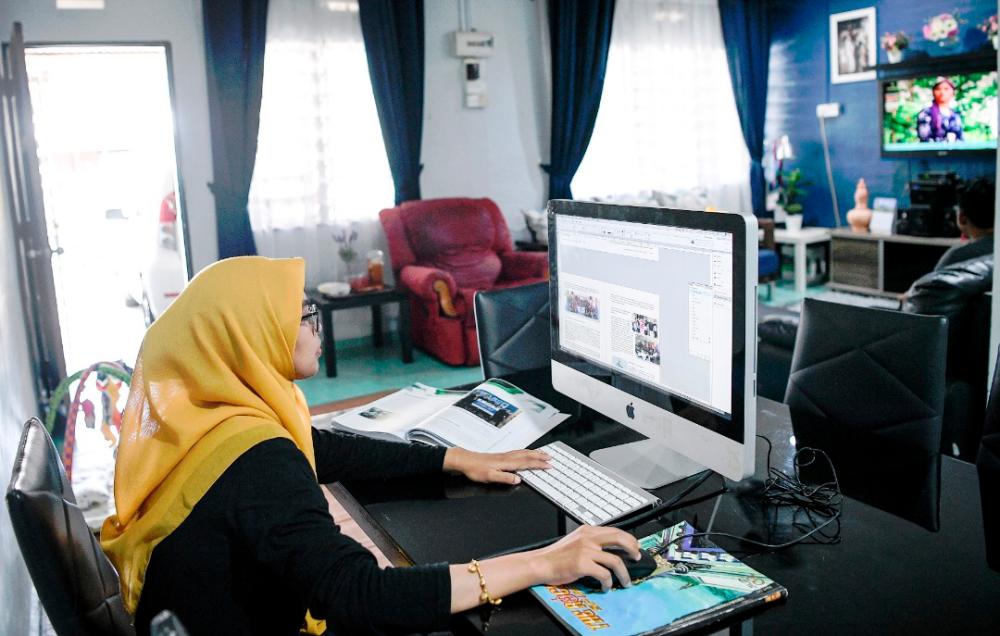PETALING JAYA: Malaysians are among the most overworked people in the world, and this is having a severe negative impact on their well-being.
While data shows that productivity is up marginally, many end up being deprived of rest and sleep, taking a major toll on their physical and mental health.
In fact, the situation has reached a point where occupational and health experts have issued advice for Malaysians to work smarter rather than harder.
A 2020 study by Kisi, a US security specialist on work-life balance, revealed that Kuala Lumpur was the fourth most overworked city among 50 metropolitan areas around the world covered by the survey.
Another study by the American Insurance Association in 2019 showed that 51% of Malaysian workers suffered from at least one dimension of work-related stress, and 53% have less than seven hours of sleep in a 24-hour period.
As a result, there has been a three-fold increase in the incidence of mental health problems in the last two decades.
The situation has only worsened with the Covid-19 pandemic, given that loss of jobs and income has forced many to take multiple jobs just to make ends meet.
Human resource manager Srithren Krishnan said the need to work from home now is a major contributor to the problem, as achieving work-life balance has become quite impossible.
He pointed out that screen time has lengthened, especially for those in the information technology sector.
Malaysian Wellness Society president Datuk Dr Rajbans Singh said that overwork can lead to several health problems.
“Some of the most common ones are high stress levels, anxiety and depression. The chances of developing heart problems and obesity are also raised.”
However, he said one syndrome that is quite commonly overlooked is burnout.
According to Rajbans, this is caused by chronic workplace stress that has not been successfully managed.
It manifests in exhaustion, increased mental distance from one’s job, feelings of negativism or cynicism related to one’s job and reduced professional efficacy, he said.
“To treat burnout, all you have to do is attend to your needs. Your body speaks to you when it needs something, and you should listen.”
Rajbans said employees who believe they are burning out should consider taking short breaks between tasks.
“This will help not just mentally and physically, but also with one’s productivity,” he added.
On the issue of productivity, data from the Statistics Department shows that the value-add for each hour of work done rose from RM41 in 2019 to RM42 last year, an increase of just over 2%.
Srithren said supervisors need to practise a certain level of flexibility rather than being too rigid on employees and their work hours.
“Employers are also required to meet the criteria on Quality of Work-Life Balance and they can do so by recognising its initiatives such as highlighting achievements of employees, apart from their work,” he said.
Labour lawyer Xenia Z.C. Lok said under the Employment Act, employees are not required to work more than 48 hours per week, or eight hours per day. This does not include time taken for lunch break, which is usually an hour.
Lok told theSun that anyone who is forced to work longer hours can file a complaint with the Labour Department and legal action can be taken against errant employers.
“Work smart, not hard” is a maxim that has been bandied among colleagues and friends for ages.
Perhaps the time has come for Malaysians to practise it.











